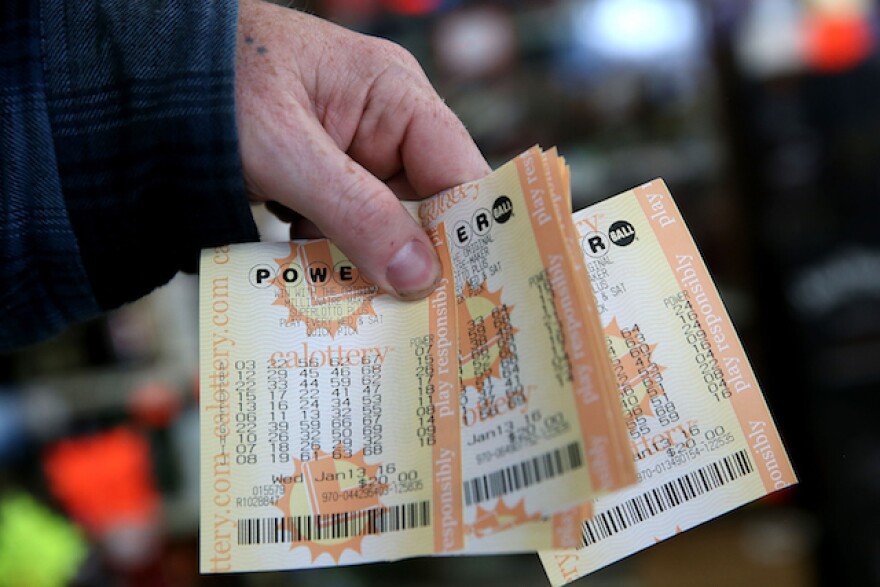
Binary options are a type of financial contract with a fixed payout. They are often referred to as "all-or-nothing" bets, as the outcome is either a set profit or a total loss. Investors predict whether the price of an underlying asset (like a stock, commodity, or currency) will rise or fall within a specific timeframe
This is the process of tracking, analyzing, and exposing fraudulent schemes where scammers trick victims into believing they have won a lottery or sweepstakes. These scams often involve advance-fee fraud, phishing, and identity theft, with criminals convincing victims to pay fees or provide personal information in order to claim a fake prize. Investigators use forensic techniques, financial tracing, and cybercrime intelligence to track scammers and prevent further fraud.
How Binary Option Scams Work:
- Fake Platforms: Fraudulent websites or apps are designed to look like legitimate trading platforms. They often promise high returns with little risk.
- Rigged Results: These platforms manipulate trading outcomes to ensure the investor loses, regardless of market trends.
- Withdrawal Blockages: Victims may initially win small amounts to build trust, but when they try to withdraw larger profits or their initial investment, the platform blocks or delays withdrawals.
- Pressure Tactics: Scammers use aggressive sales techniques, like fake account managers or brokers, who pressure victims to invest more money.
- Phishing: Scammers may steal sensitive personal and financial information during the registration or deposit process.
- Ponzi Elements: Some scams operate like Ponzi schemes, where money from new investors is used to pay out earlier ones, creating the illusion of profitability.
- Laying of Wearing course
Warning Signs:
- Unrealistic Returns: Promises of guaranteed high returns with no risk.
- Unlicensed Brokers: Platforms not regulated by a reputable financial authority.
- Lack of Transparency: Little to no information about the company, its location, or how it operates.
- Pressure to Act Quickly: Urgent requests to deposit money to "avoid missing out."
- Difficulty Withdrawing Funds: Excuses or delays when trying to withdraw money.
How to Protect Yourself:
- Verify Legitimacy: Ensure the platform is registered and regulated by a well-known authority like the SEC, FCA, or CySEC.
- Research Reviews: Look for unbiased reviews and warnings online.
- Avoid Upfront Fees: Be cautious of platforms requiring large upfront deposits.
- Secure Transactions: Only use secure payment methods and avoid sharing sensitive details.
Note: It's crucial to stay informed about the latest scams and fraud prevention techniques. Resources like the Federal Trade Commission (FTC) and the Securities and Exchange Commission (SEC) provide valuable information on how to protect yourself from financial scams.
If you suspect you've been scammed, report the incident to your local financial authority, law enforcement, or organizations like the International Consumer Protection and Enforcement Network (ICPEN) or Action Fraud (in the UK).
Open Case
Fill and complete the form below to receive a call back!
Quick Links
CONTACT
Head Office:
22 Upper Woburn Pl, London WC1H 0HW
© 2025 Brak Recovery



